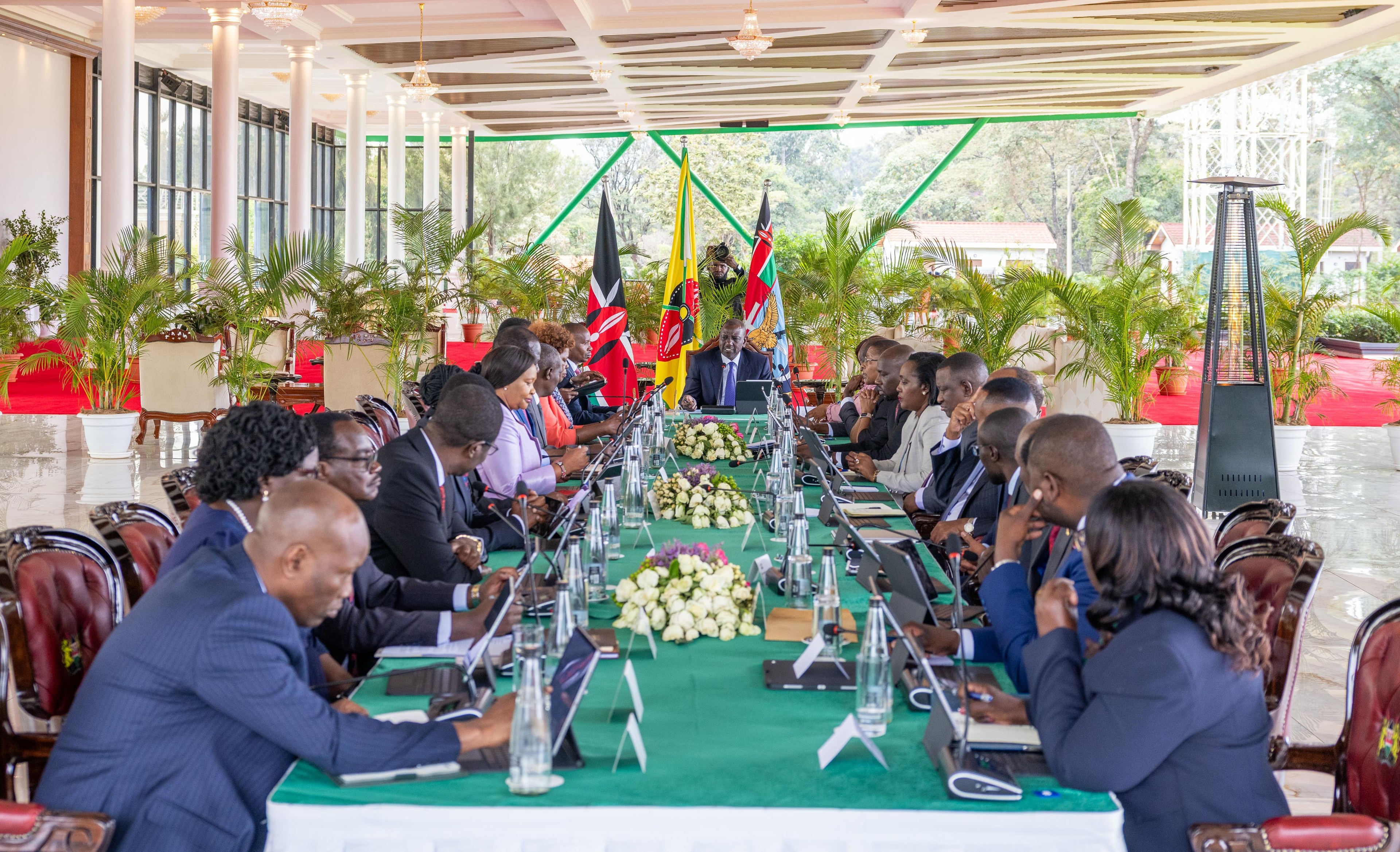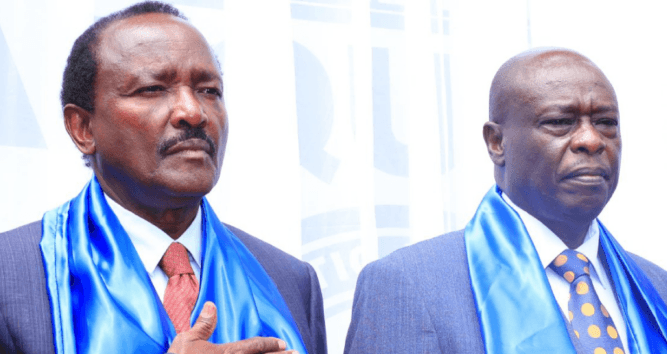By the time you get to read this article, Parliament will have finalised the electoral process to determine who amongst 27 Kenyans shall end up representing us in the East Africa Legislative Assembly.
This regional legislature is a key organ of the East African Community, and is mandated to legislate to give effect to the aims and objectives of the EAC treaty.
EALA four has just finished its term, meaning that the house has been in existence for 20 years. Indeed, the House has really grown to the point of successfully organizing the East Africa Parliamentary games. The competitions are held annually on a rotational basis in different parts of East Africa.
For example, last year they were held in Arusha, Tanzania, and Kenya, Uganda, Burundi, South Sudan and Tanzania participated. The Parliament of the semi-autonomous region of Zanzibar joined as well. The games aren’t meant to have the countries compete as such, but to help create a spirit of unity and togetherness and integration.
Tanzania ‘won’ amidst contestation from Kenya. It was very interesting to see how games could be disrupted if one side sensed defeat. Clearly, the manner in which people exercise their ‘democracy’ and governance became evident by how each country reacted to situations.
Interestingly, Kenyans are calmer and procedural compared to their Ugandan and Tanzanian counterparts. Kenyans had a generally higher sense of ‘fair-play’ compared to the rest of East Africans. This translates into the manner we conduct our national elections, something that was proven by the peaceful transfer of power witnessed recently.
EALA procures nine legislators from each of the member states, translating to 63 members, nearly the size of Kenya’s Senate that has 67 members. For the longest, the number was 45 until South Sudan and DRC joined. EAC has grown by leaps and bounds and in fact, all the seven heads of state were present during the inauguration of President William Ruto on September 13, which hadn’t been witnessed before.
Some of the key achievements of the Community (which is older than the European Union) include a common market of over 170 million people. This means that Jumuiya has great potential to attract huge investments that would be beneficial to the growth of the region’s economy.
In Africa, it is ranked as being the most developed regional economic community, complete with a working customs union. Recently, for example, trade between Kenya and Tanzania has improved with the removal of 16 non-tariff barriers. Tanzania is also keen on supplying gas to Kenya in the near future through a joint pipeline project.
East Africans now have a common Bermuda blue passport, creating a common identity for us all. Further, the East African anthem is now sung in all the member states, alongside the various national anthems. It’s thus amazing to hear school going children being able to sing the three stanzas, hence buttressing their east African ‘nationhood’.
Kiswahili, which is taught in over 2,000 universities across the world, is the lingua franca of East Africa. There are contestations as to where it originated, between Mtopanga in Kenya and Zanzibar, though the latter seems to carry more weight. This language is widely spoken in Tanzania, Kenya, Burundi, Rwanda, Eastern Congo and Kinshasa in the DRC, Uganda, and Comoros Islands, parts of Zambia, Malawi, and Somalia. It is also being taught in South Africa. Uganda has recently made the language a mandatory subject.
The monetary union is the next key pillar for the community. The three initial EAC member-states, Kenya, Uganda and Tanzania, use the ‘shilling’ a term used to refer to the currency that was being used in England before the advent of the pound.
It is envisaged that sooner than later, EAC will graduate into a federation; a political union that will see the region having a common president, possibly elected by the people.
A common airspace has also been achieved, together with a common communications network. Going forward, a common airline and railway will go a long way integrating the region.
Further, since many of the member states default in paying the $8 million annual contribution, then its desirable if an excise duty is introduced in all EAC ports going directly to fund the community.
Other negligible levies can also help in ensuring financial independence of the emerging super-state, in order to help it not to be ‘captured’ by external forces, in order for us Africans to attain full self-determination.
Kenya Kwanza has already voted to nominate David ole Sankok, Falhada Iman Dekow, Hassan Omar Hassan, Fred Muteti and Zipporah Kering as its candidates.
Sankok, (who is always adorned in the Kenyan flag attire), will be able to represent persons with disabilities at this level. This is important as they are usually left out in key public appointments.
Falhada will represent both women and the marginalised communities, while former Mombasa Senator Hassan Omar will bring onboard his vast knowledge and experience in human rights.
Idumu Jumuiya yetu.
Mwaura is a former nominated senator











![[PHOTOS] Ruto present as NIS boss Noordin Haji's son weds](/_next/image?url=https%3A%2F%2Fcdn.radioafrica.digital%2Fimage%2F2025%2F11%2Ff8833a6a-7b6b-4e15-b378-8624f16917f0.jpg&w=3840&q=100)

